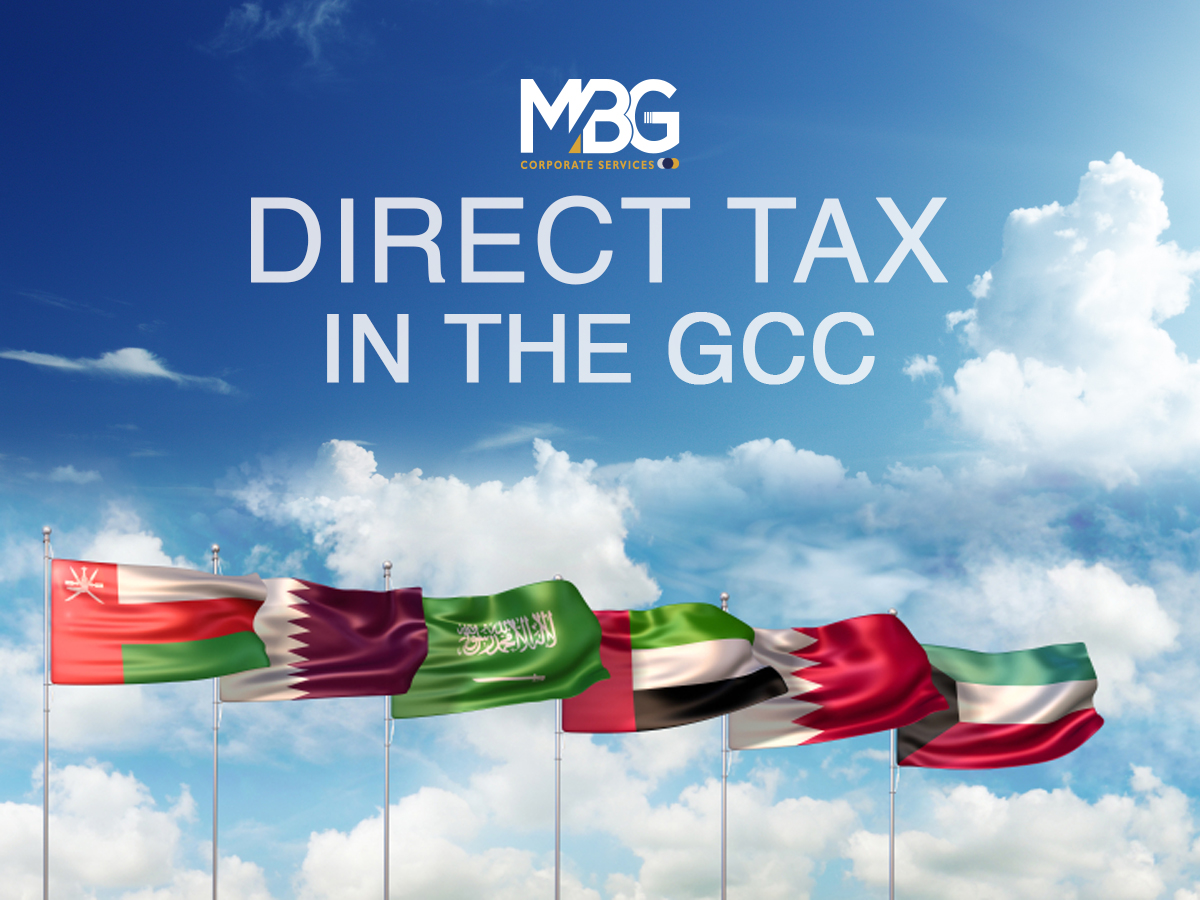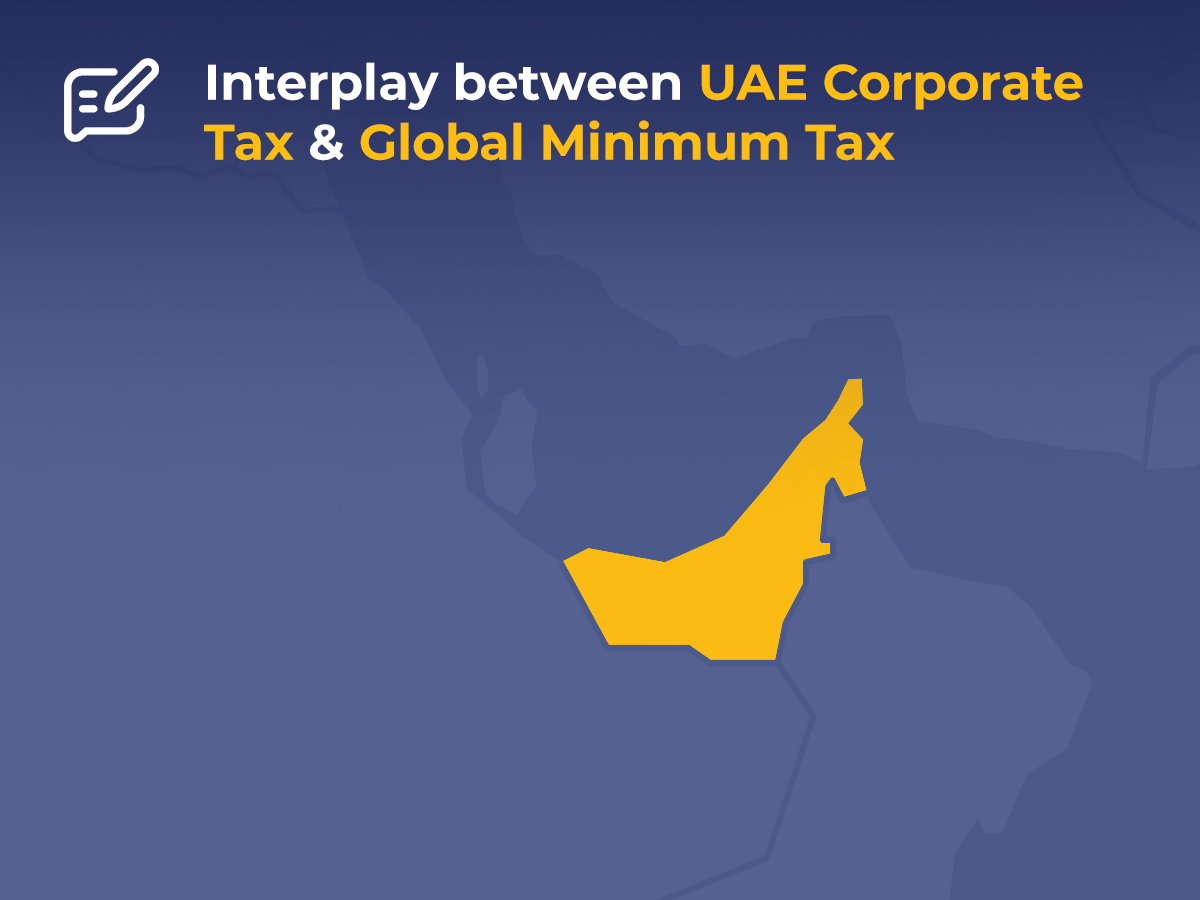Direct Tax in GCC
October 19, 2021

GCC has evolved in recent years to an increasingly more important, relevant, and attractive hub for businesses around the world. The tax landscape, especially around the Transfer Pricing regime, Country by Country Reporting, Withholding Taxes, Economic Substance Regulations and the Tax Treaty network with other countries has changed how business is being done with the six GCC countries.
In most GCC countries, corporate tax is currently being enforced differently depending on factors such as whether a corporate entity is engaged in the oil and gas production versus another sector, or its ownership structure in terms of foreign versus locally owned. Besides corporate taxes, Zakat is also payable at the prescribed rates upon meeting certain conditions.
Companies without a base in GCC must deal with withholding taxes as payments from the GCC countries, especially KSA, Qatar and Kuwait, can attract withholding taxes ranging from 5 % to 20 % subject to the nature of payment and performance criterion. In such a case, relying on the Tax Treaty could be beneficial, especially where businesses are on an offshore basis or done with the help of an agent in GCC countries.
Recent Developments in GCC Taxation Rules
On June 5, 2021, the Finance Ministers of G-7 countries, comprising the US, UK, Germany, France, Canada, Italy, and Japan, reached a landmark deal on taxing multinational companies at a minimum global tax rate of at least 15 percent. They also agreed on measures to ensure that businesses pay taxes in the countries in which they operate, a move aimed at plugging loopholes in cross-border taxation.
This would be a dampener for tax haven countries where the global minimum tax of at least 15 percent means an additional tax burden. However, much work still needs to be done for any substantial business losses to accrue to tax haven countries. Furthermore, there is already a wide network of tax treaties signed so far by the GCC countries. For instance, as of date, UAE has a Tax Treaty network with 135 countries and most of them are already enforced with a beneficial tax rate prescribed in such Treaties. This calls for firms to revisit their offshore business arrangement to remove inefficiency in taxes and mitigate exposure by taking advantage of beneficial Tax Treaty provisions.









